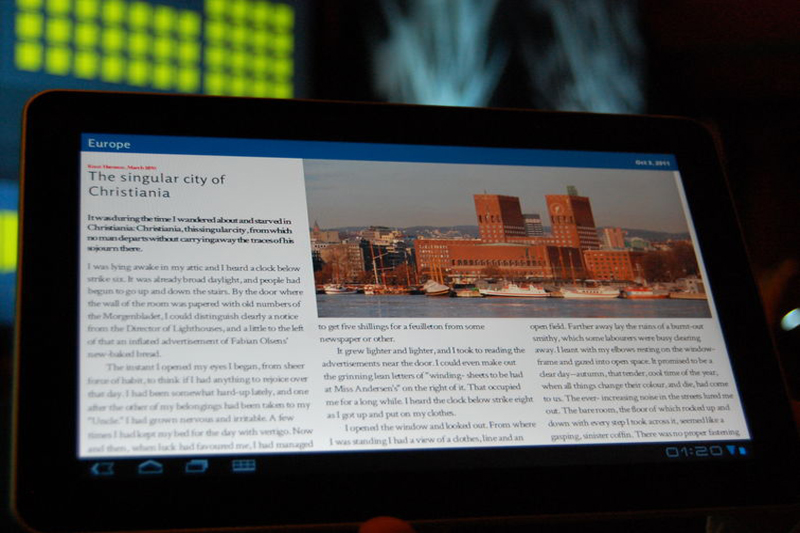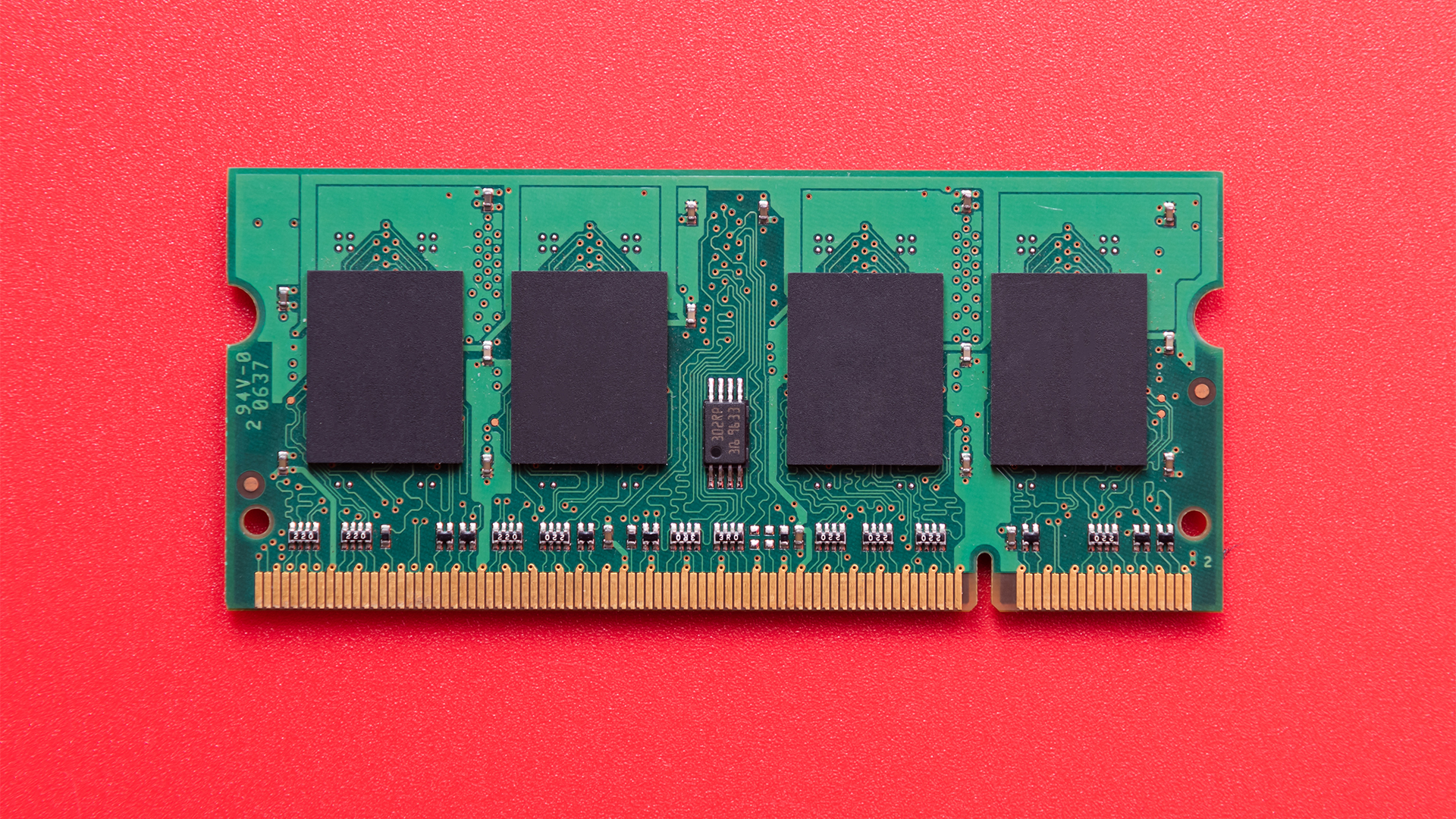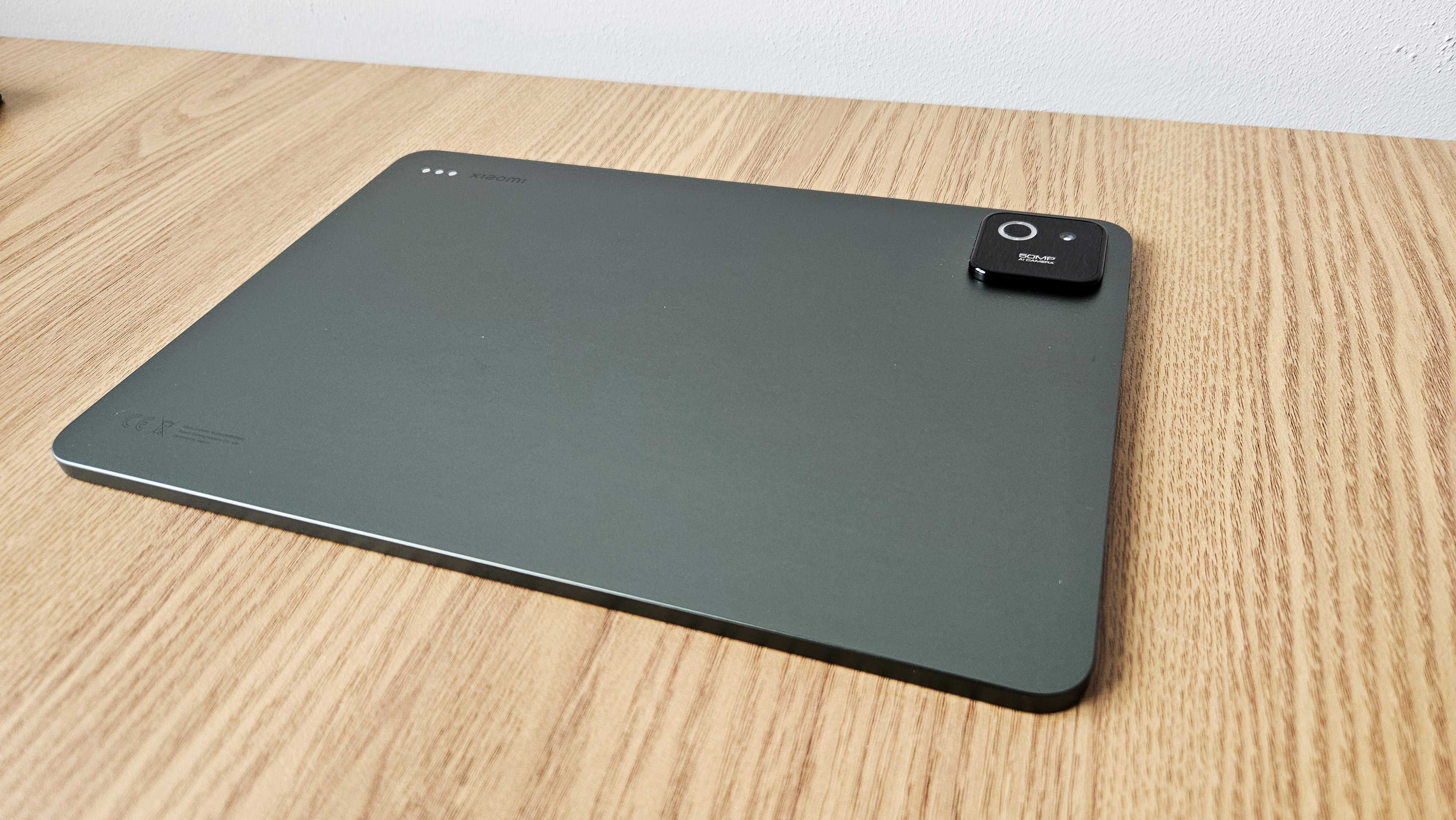Opera plumps for "pages" over browser scrolling
The Norwegian browser maker has taken the wraps of a new Reader system that favours page flipping over scrolling.


Sign up today and you will receive a free copy of our Future Focus 2025 report - the leading guidance on AI, cybersecurity and other IT challenges as per 700+ senior executives
You are now subscribed
Your newsletter sign-up was successful
Opera has unveiled a new Reader system that does away with scrolling on websites in favour of flippable pages.
The Norwegian browser maker is looking to remove the side scroll bar for documents or articles in favour of "pages" of a set-size, similar to an ebook.
"With native support for pages, we've removed the scroll bar," said chief technology officer Hakon Wium Lie at a press event in Oslo.
Text can be reflowed into a column layout, and ads will be moved into the right spot in the text, with different ones displayed depending on the orientation of the device. Pages are flipped with gestures on tablets or with mouse clicks on the desktop.
It's an "opportunity to rethink the ads on the web and the user interface", said Wium Lie.
It's achieved with as little as a few lines of CSS, using the "overflow" tag or a new version of the "float" function; there are more complicated coding methods for developers looking for greater control.
Displaying set pages rather than scrolling has been done before, notably in web apps developed by The New York Times, but it used JavaScript rather than CSS.
Sign up today and you will receive a free copy of our Future Focus 2025 report - the leading guidance on AI, cybersecurity and other IT challenges as per 700+ senior executives
Wium Lie noted it takes "enormous amounts of JavaScript to achieve what is a reasonable experience but we believe we can make it better with native support for pages".
The page system would make it easier to read web content using tablets without having to resort to apps, and Opera has previously pushed to keep content open on the web rather than tucked away in applications.
"This reflects the next step," said Wium Lie. "Doing pages on screen will be very important, especialy for tablets, but also for other devices we have coming."
Opera said users will be able to switch back to scroll bars if they prefer.
The system is still in a pilot, but "this will get out quite soon", Wium Lie promised.
Freelance journalist Nicole Kobie first started writing for ITPro in 2007, with bylines in New Scientist, Wired, PC Pro and many more.
Nicole the author of a book about the history of technology, The Long History of the Future.
-
 Scalper bots are running riot as memory shortages continue
Scalper bots are running riot as memory shortages continueNews DataDome says bots are driving up the price of DRAM even further thanks to AI demand
-
 Xiaomi Pad 8 Pro review
Xiaomi Pad 8 Pro reviewReviews Xiaomi's newest entry offers strong performance, a vibrant 11-inch screen and a blockbuster battery life to maximize productivity
